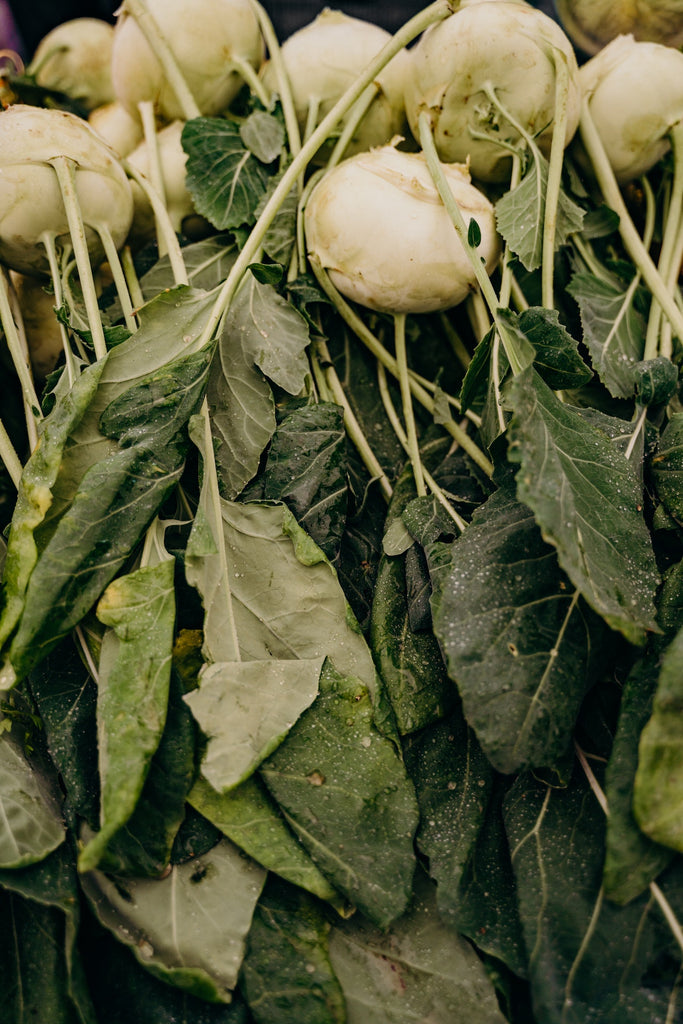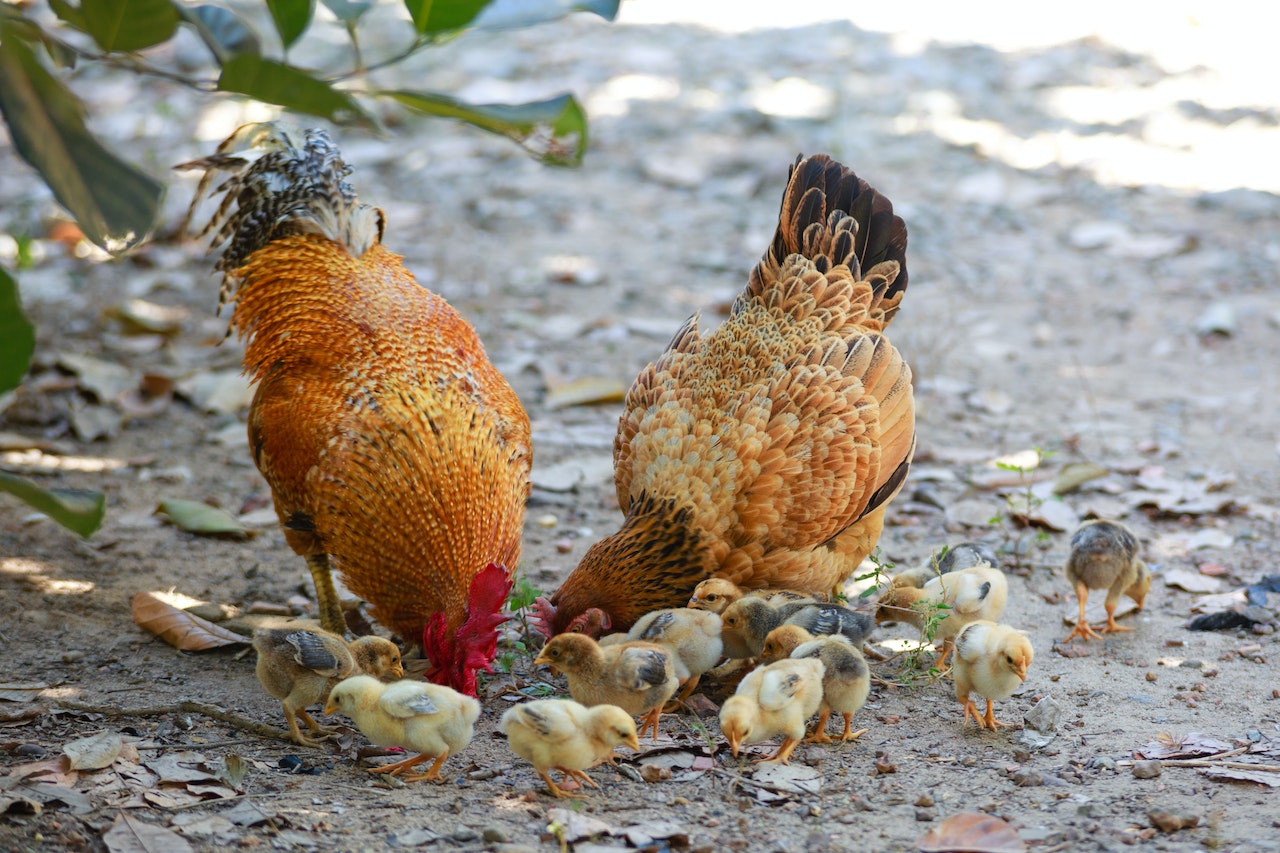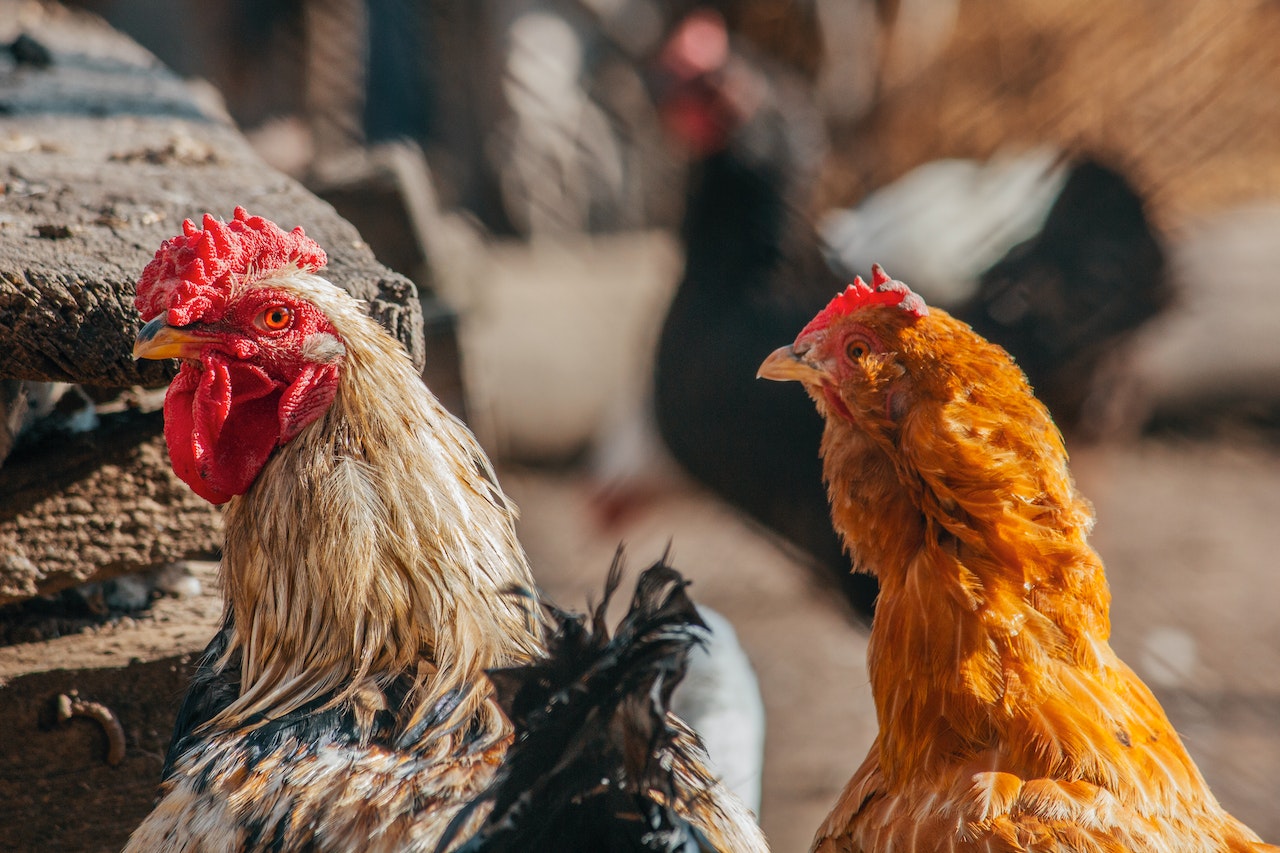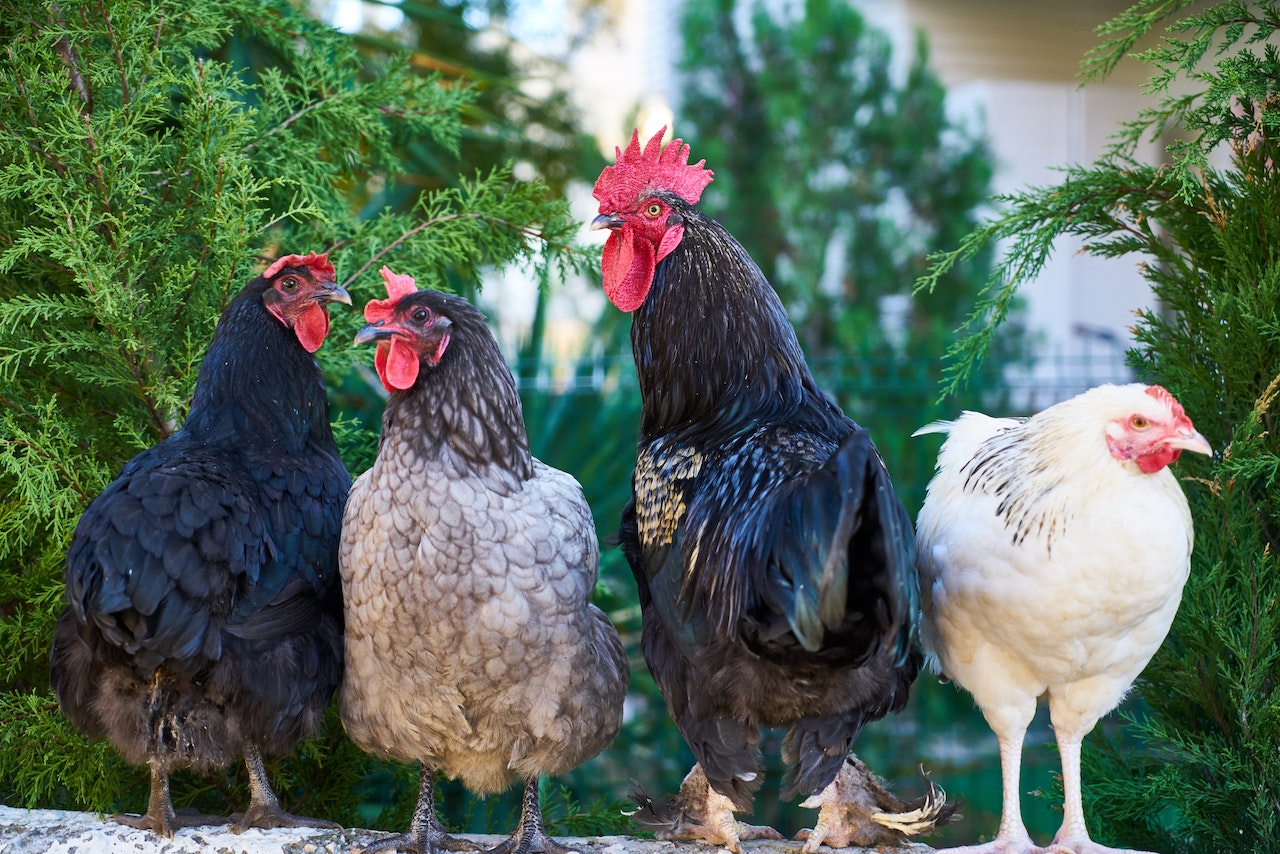
Turnips, with their nutrient-rich profile and versatility, are a common vegetable found in many kitchens. If you're a chicken owner, you may be wondering if these root vegetables are suitable for your feathered friends. In this article, we will delve into the question, "Can chickens eat turnips?"
Can Chickens Eat Turnips
Yes, chickens can eat turnips. Turnips are safe for chickens to eat, making them a viable addition to their diet. These root vegetables offer a range of nutritional benefits, providing chickens with essential vitamins, minerals, and dietary fiber. However, it's crucial to consider the age, health, and overall dietary balance of your flock before introducing turnips into their feed.
Turnips are packed with nutrients that can support your chickens' overall health and well-being. They contain vitamins A, C, and K, along with minerals like calcium, potassium, and phosphorus. Additionally, turnips are rich in dietary fiber, which aids digestion and promotes optimal gut health in chickens.

Nutritional Benefits of Feeding Chickens Turnips
Turnips offer several nutritional benefits for chickens, making them a valuable addition to their diet. Here are some of the key nutritional benefits of feeding chickens turnips:
- Vitamins: Turnips are a good source of various vitamins that are essential for chicken health. They contain vitamin A, which promotes healthy vision, growth, and immune function. Additionally, turnips provide vitamin C, an antioxidant that supports the immune system and aids in collagen synthesis.
- Minerals: Turnips are rich in minerals that are important for chickens' overall health and development. Calcium is crucial for strong bones, eggshell formation, and muscle function, and turnips contain a decent amount of this mineral. Potassium, another mineral found in turnips, helps maintain proper hydration, nerve function, and muscle contractions in chickens.
- Dietary Fiber: Turnips are high in dietary fiber, which plays a vital role in maintaining a healthy digestive system for chickens. Fiber aids in proper digestion and regulates bowel movements, preventing issues like constipation. It also promotes the growth of beneficial gut bacteria, improving nutrient absorption and overall gut health.
- Hydration: Turnips have a high water content, contributing to hydration in chickens. Sufficient hydration is crucial for normal bodily functions, nutrient transport, and temperature regulation. Feeding turnips can help supplement the water intake of chickens, especially during hot weather or if a fresh water source is temporarily unavailable.
- Antioxidants: Turnips contain antioxidants, including beta-carotene and vitamin C. Antioxidants help combat free radicals, which are unstable molecules that can cause cellular damage. By including turnips in their diet, chickens can benefit from the antioxidant properties that support their immune system and overall health.
- Low Caloric Content: Turnips are relatively low in calories, which can be beneficial for chickens, especially if they require weight management or if they are prone to obesity. Feeding turnips in moderation can help provide essential nutrients without adding excessive calories to their diet.
Can Baby Chicks Eat Turnips
While turnips can be part of a balanced diet for adult chickens, it's important to exercise caution when feeding them to baby chicks. Young chicks require a diet that is specifically formulated to meet their nutritional needs. Turnips may not provide the ideal balance of nutrients for them, so it is advisable to wait until they are older before introducing turnips into their diet.
How to Serve Turnips to Chickens
To incorporate turnips into your chickens' diet, it is recommended to prepare them properly. Start by washing the turnips thoroughly, removing any dirt or debris. Next, chop or grate the turnips into small, manageable pieces. This allows chickens to peck and consume them easily. You can serve turnips raw, cooked, or as part of a mash or mixed with other vegetables.
How Much Turnips Can Chickens Consume
As with any new food, moderation is key when feeding turnips to chickens. Introduce turnips gradually into their diet, starting with small quantities. Observing your chickens' response and digestive health is essential. While turnips provide valuable nutrients, they should not replace the staple feed, which should consist of a balanced diet that includes grains, seeds, and other essential elements.
Risk of Feeding Turnips to Chickens
Feeding turnips to chickens generally poses minimal risks, but it's important to be aware of a few considerations. Here are some potential risks associated with feeding turnips to chickens:
- Goitrogens: Turnips, like other cruciferous vegetables, contain goitrogens. These compounds can interfere with the proper functioning of the thyroid gland in large quantities. However, the goitrogenic effects of turnips are relatively low compared to some other cruciferous vegetables. Feeding turnips in moderation and as part of a varied diet typically mitigates any potential risks associated with goitrogens.
- Digestive Upset: Introducing any new food into a chicken's diet can potentially cause digestive upset, including diarrhea or loose stools. When feeding turnips for the first time, it's important to do so gradually and monitor the chickens' response. If digestive issues persist or worsen, it may be necessary to reduce or eliminate turnips from their diet.
- Imbalance in Nutrient Intake: While turnips offer nutritional benefits, they should not replace the staple feed that provides a balanced combination of grains, seeds, and formulated poultry feed. Turnips should be seen as a supplement or treat rather than a primary source of nutrition. Feeding excessive amounts of turnips could result in an imbalance in the overall nutrient intake, potentially leading to deficiencies in other essential nutrients.
- Allergies or Sensitivities: Some individual chickens may have allergies or sensitivities to certain foods, including turnips. It's important to observe their reactions closely when introducing turnips into their diet. If any signs of allergic reactions, such as itching, swelling, or difficulty breathing, occur, discontinue feeding turnips immediately and consult with a veterinarian.
To mitigate these risks and ensure the well-being of your chickens, it's advisable to follow these guidelines:
Introduce turnips gradually and in small amounts.
- Monitor the chickens' digestion and overall health after incorporating turnips into their diet.
- Maintain a balanced and varied diet for chickens, with turnips being a supplementary component.
- If any adverse reactions occur, discontinue feeding turnips and seek veterinary advice.
Conclusion
In conclusion, turnips can be a nutritious addition to your chickens' diet. Their high vitamin and mineral content, along with dietary fiber, make them beneficial for overall health. Remember to introduce turnips gradually, consider the age and dietary requirements of your chickens, and monitor their response and digestion. By offering turnips in moderation and as part of a balanced diet, you can enhance the nutritional diversity for your flock and contribute to their well-being.



